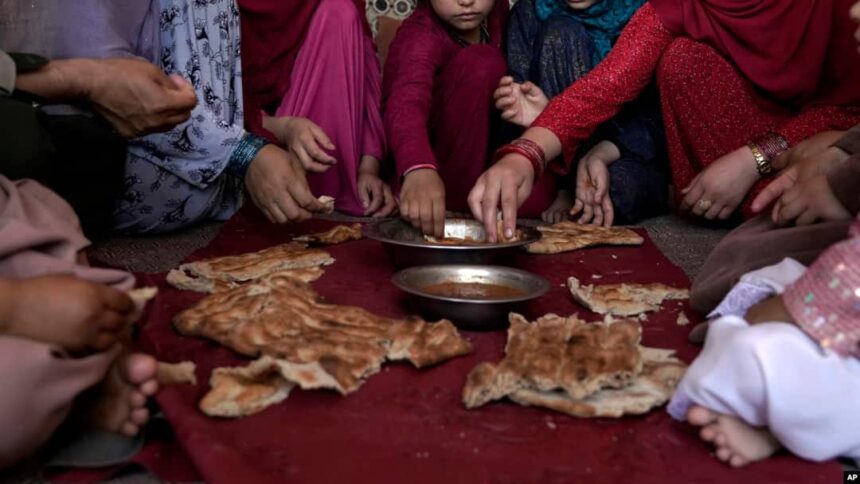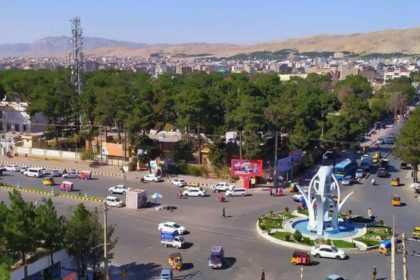RASC News Agency: A joint annual report from the Multidimensional Poverty Index (MPI) and the United Nations Development Programme (UNDP) reveals alarming levels of poverty in Afghanistan under Taliban rule. The report, released in collaboration with Oxford University’s Human Development and Poverty Institute on Thursday, October 17, indicates that during 2022 and 2023, two-thirds of the Afghanistani population have been living in poverty.
The data shows that 64.9% of the population has fallen below the poverty line over the past two years, a stark contrast to the situation in 2015-2016, where 5.3 million Afghans were classified as impoverished. The MPI report also highlights that 455 million people globally live in countries affected by violent conflict, with Afghanistan being one of the hardest hit.
The findings, based on the living conditions of 6.3 billion people across 112 countries, reveal that 1.1 billion individuals worldwide are enduring extreme poverty, with 40% of them residing in conflict-affected regions. UNDP Administrator Achim Steiner commented on the dire global trend, stating: “Conflicts have risen dramatically in recent years. Casualty rates have reached unprecedented levels, displacing millions and severely disrupting livelihoods.” In conflict-impacted countries, one in four poor individuals lacks access to electricity, compared to just one in twenty in more stable regions. Additionally, 828 million people globally have no access to healthcare, 886 million lack adequate housing, and 637 million are suffering from malnutrition.
Only days prior, the World Bank reported that Afghanistan, under Taliban governance, ranks among the 26 poorest nations in the world. Following the Taliban’s resurgence, the country has faced a sharp decline in household economies due to the group’s restrictive policies and a significant reduction in international aid. This growing poverty underscores the devastating impact of both internal and external factors, leaving millions of Afghanistani citizens vulnerable to further economic hardships.






